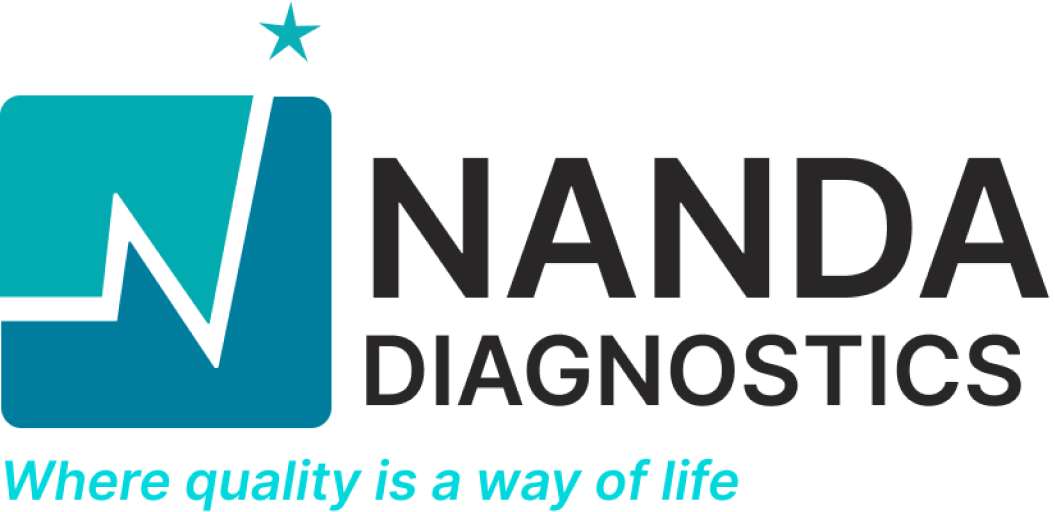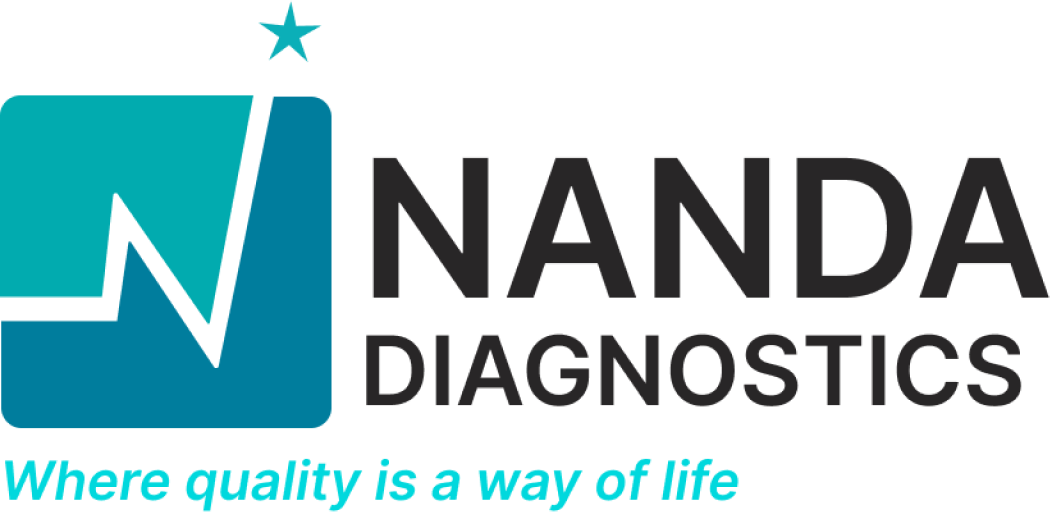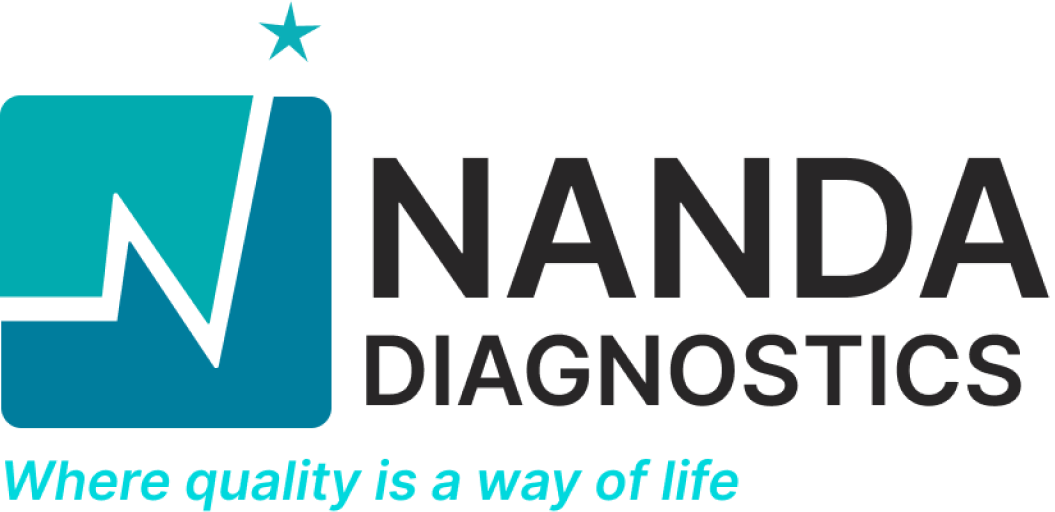Case 5 : COMPLETE HEART BLOCK WITH ATRIAL FLUTTER
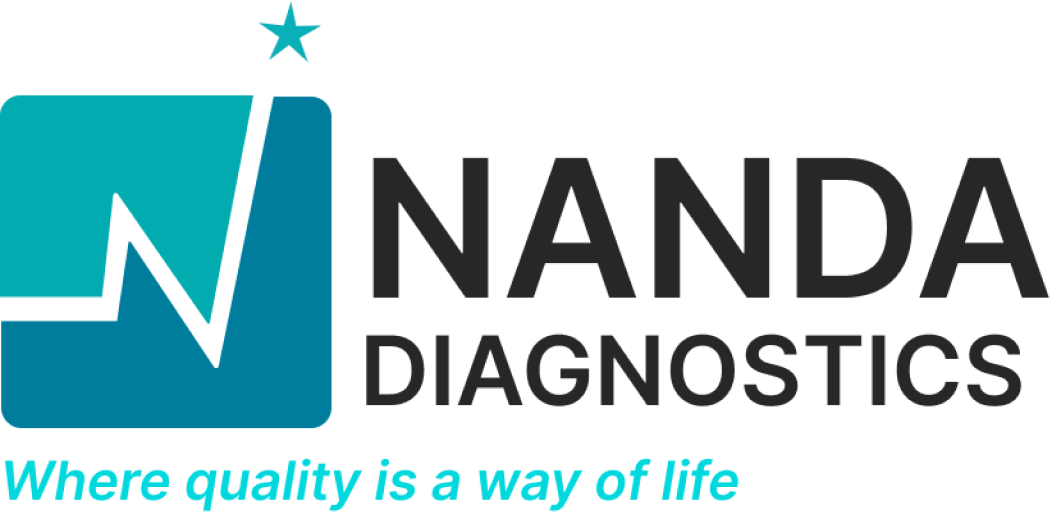
We present a case of 34 weeks gestation who was referred to us for Fetal Echocardiography with a clinical diagnosis of Bradycardia. On examination we found that the atria and ventricles were beating independent of each other,the atrial heart rate was 132 bpm and the ventricular heart rate was 91 bpm thus establishing a diagnosis of complete heart block. During the course of examination an episode of atrial flutter was observed and the atrial heart rate touched 305 bpm. The patient underwent a LSCS and the child is doing well post-nataly maintaining a heart rate of 70 bpm without a pacemaker.
Dr Anupam Nanda and Dr Rajinder Nanda
We present a case of 34 weeks gestation who was referred to us for Fetal Echocardiography with a clinical diagnosis of Bradycardia. On examination we found that the atria and ventricles were beating independent of each other,the atrial heart rate was 132 bpm and the ventricular heart rate was 91 bpm thus establishing a diagnosis of complete heart block. During the course of examination an episode of atrial flutter was observed and the atrial heart rate touched 305 bpm. The patient underwent a LSCS and the child is doing well post-nataly maintaining a heart rate of 70 bpm without a pacemaker.
 Figure 1
Figure 1
 Figure 2
Figure 2
MANAGEMENT OF COMPLETE HEART BLOCK
Dr S. Radhakrishnan
Complete heart block (CHB) is a condition characterized by complete dissociation of atrial and ventricular contraction. The reported incidence of congenital CHB is 1 in 20,000 live births. The incidence in fetus may be higher as it is a potentially lethal condition in utero.
Congenital complete heart block (CCHB) can be immune mediated or non-immune. The non-immune CCHB is often associated with complex congenital heart defects (CHD). The immune mediated CCHB is a passively acquired autoimmune disease characterized by damage to the cardiac conduction tissue by the transplacental passage of anti-SSA/Ro and anti-SSB/La antibodies from the mother to the fetus.
CCHB often develops between 18-28 weeks of gestation. The risk of a fetus developing CCHB in an antibody positive mother is about 2% for anti-Ro antibody positive and this risk increases to 5% if anti-La antibodies are also present. In subsequent pregnancies, fetuses are at a higher risk of getting affected with the recurrence risk being 5-15% for the second child and upto 50% for the third child onwards. The fetal outcome depends on the ventricular rate and the associated endo-myocardial involvement which occurs in 15-20% of cases. CCHB associated with CHD have a much poorer prognosis.
Treatment of CCHB during fetal life remains controversial. Those having CCHB in association with complex CHD have very few options and the prognosis remains grave especially if associated with hydrops. For the immune mediated CCHB, multiple therapeutic options like maternal steroids, beta agonists, hydroxychloroquine, plasmapheresis, IV immunoglobulins have been used with variable results. The choice of treatment varies with the degree of atrioventricular block. Also treatment modalities may be used either as prophylactic or therapeutic.
There is no evidence to suggest that CCHB are preceeded by lower degrees of AV block. Hence no treatment is advised for fetuses with first degree atrioventricular block. However these cases should be followed up closely with weekly fetal echocardiography to detect progression. As for the second degree atrioventricular block, they may progress to CHB and also there is some evidence to suggest that second degree atrioventricular block may be reversible with treatment. Hence these cases should be treated with maternal steroids using appropriate doses of fluorinated steroids along with frequent monitoring. Once the fetus has an established CHB, benefits of maternal steroids remains uncertain and considering the potential maternal and fetal side effects of steroids, most centers prefer not treating these fetuses unless associated with endo-myocardial involvement.
Fetuses with a ventricular rate of less than 55/ minute are treated with beta agonists like salbutamol to accelerate the fetal heart rate. IVIG might show its effect by several possible mechanisms including autoantibody neutralization by anti-idiotype antibodies, accelerated clearance of pathogenic autoantibodies via competitive inhibition of the neonatal immunoglobulin Fc receptors, complement neutralization with consequent reduction of inflammatory response and fibrosis. It is often used as a prophylactic treatment but its efficiency in preventing CCHB is not yet proven.
Post natal management of CCHB depends on the ventricular rate and the clinical stability of the baby. In the absence of any CHD, a ventricular rate less than 55/minute has been advocated as an indication for permanent pacemaker implantation which is the only treatment for CCHB.
Despite all efforts, CHB carries a significant risk of morbidity and mortality (15-30%), especially in utero or in the first few months of life. Upto 63% of all recognized cases are reported to require pacemaker implantation before reaching adulthood.

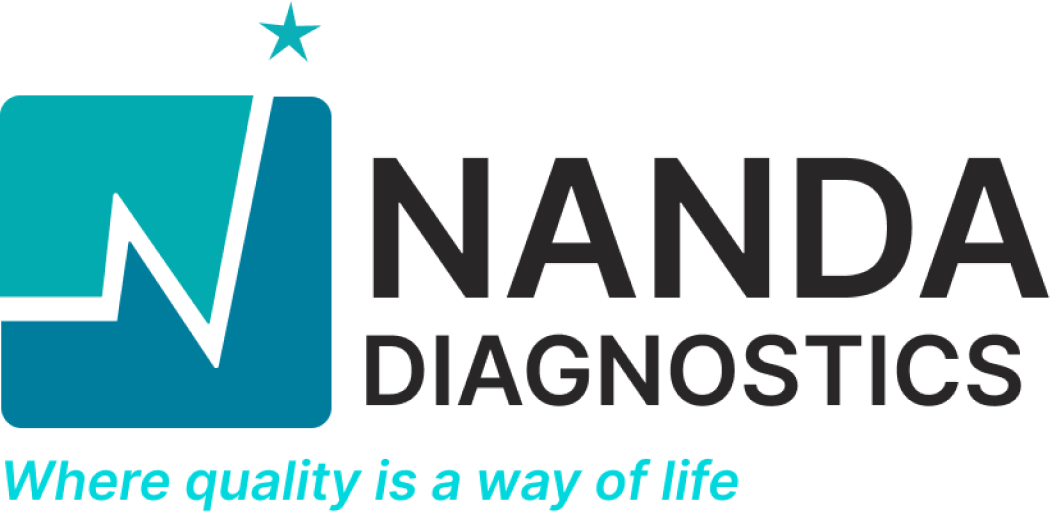


 Figure 1
Figure 1 Figure 2
Figure 2